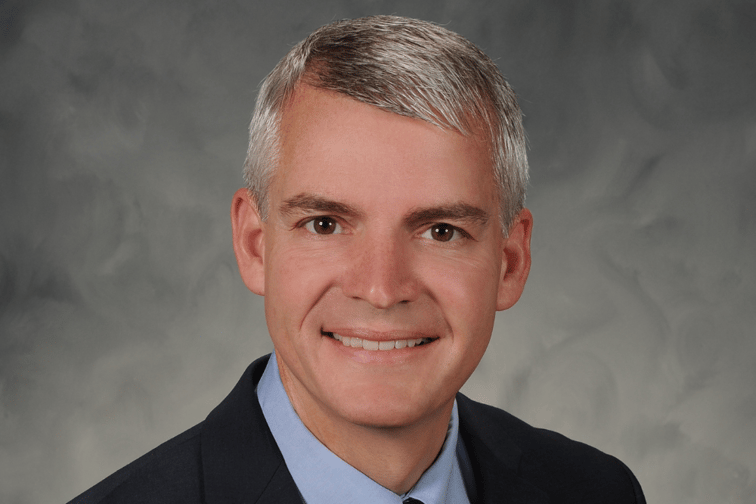

The Wholesale & Specialty Insurance Association (WSIA) added 99 members in 2022, with CEO Brady Kelley (pictured) hailing a “change in the mix” as he shared the organization’s focus areas for this year.
“It’s not just members in a specific category, it was a number of wholesale firms coming into the business, some in a very startup way, but also a lot of new insurance markets really more focused on delegated authorities distributing through wholesalers,” Kelley told Insurance Business.
“But still, we had more than 20 wholesale firms and more than 20 new markets just last year, so [there was] significant growth in membership.”
Nationwide, surplus lines premium has been booming. In 2021, it was up 25%, accounting for a record breaking more than $82 billion according to AM Best figures.
“Those numbers aren’t in yet for 2022,” Kelley said. “But we do have the 15 states with surplus lines stamping offices, and they’ve recorded their premium – they were up significantly for the year and [shared at a recent meeting that they saw] continued growth in the first couple of months of 2023.”
Kelley spoke during an interview with Insurance Business at WSIA’s 2023 Underwriting Summit in March, in which he discussed the organization’s big priorities.
Priorities for WSIA in 2023 include:
In March, WSIA – along with representatives from Guy Carpenter, the Independent Insurance Agents & Brokers of America (Big “I”), and the Harvard Joint Center for Housing Studies – testified before the United States House Financial Services Subcommittee on Housing and Insurance on private flood insurance, with the committee seeking ways to broaden take up of flood cover.
While many Americans are required to purchase flood insurance due to being in a flood zone, many others continue to decline the cover, either through the National Flood Insurance Program or the private market.
“With some of the flooding that we’ve seen in this country over the years and floods in places that weren’t supposed to flood, I think we’ve learned that when it rains, it floods,” Kelley said. “Trying to get more consumers to be educated about flood insurance and ultimately purchase flood insurance is a key initiative of ours.”
Congress has done some “great things” including enabling the private market in 2012, Kelley said, but more progress could be made in areas like helping consumers make a “choice” by making NFIP premium refunds more accessible where they might want to switch to the private market.
National producer licensing is another key topic for Kelley and WSIA this year, with the National Association of Registered Agents and Brokers (NARAB) yet to get up and running since its creation by federal law in 2015.
While the legislation has been in place for around eight years, NARAB cannot begin operating until a board of directors has been approved by the Senate Banking Committee.
“One of our missions is to get that process rolling, and we’re hearing good news that maybe that’s happening,” Kelley said. “But getting that board up and running, having been put in place, in operation, [with] national standards, uniform standards, for getting a one stop national license would be tremendously impactful to our market.
“It would make the licensing process so much more efficient across the country.”
While there are studies on the surplus lines market, Kelley said that there is “not a great source of data on this segment of the business”. A priority for WSIA, then, will be to build this out, and it is first looking to the 15 stamping offices.
“They’re the ones on the front lines and collecting the policies, collecting the premium filings, collecting the taxes and reporting on that,” Kelley said. “Working with them to produce timely reporting, maybe to produce more detailed reporting of how the industry is trending, is certainly a key priority.”
